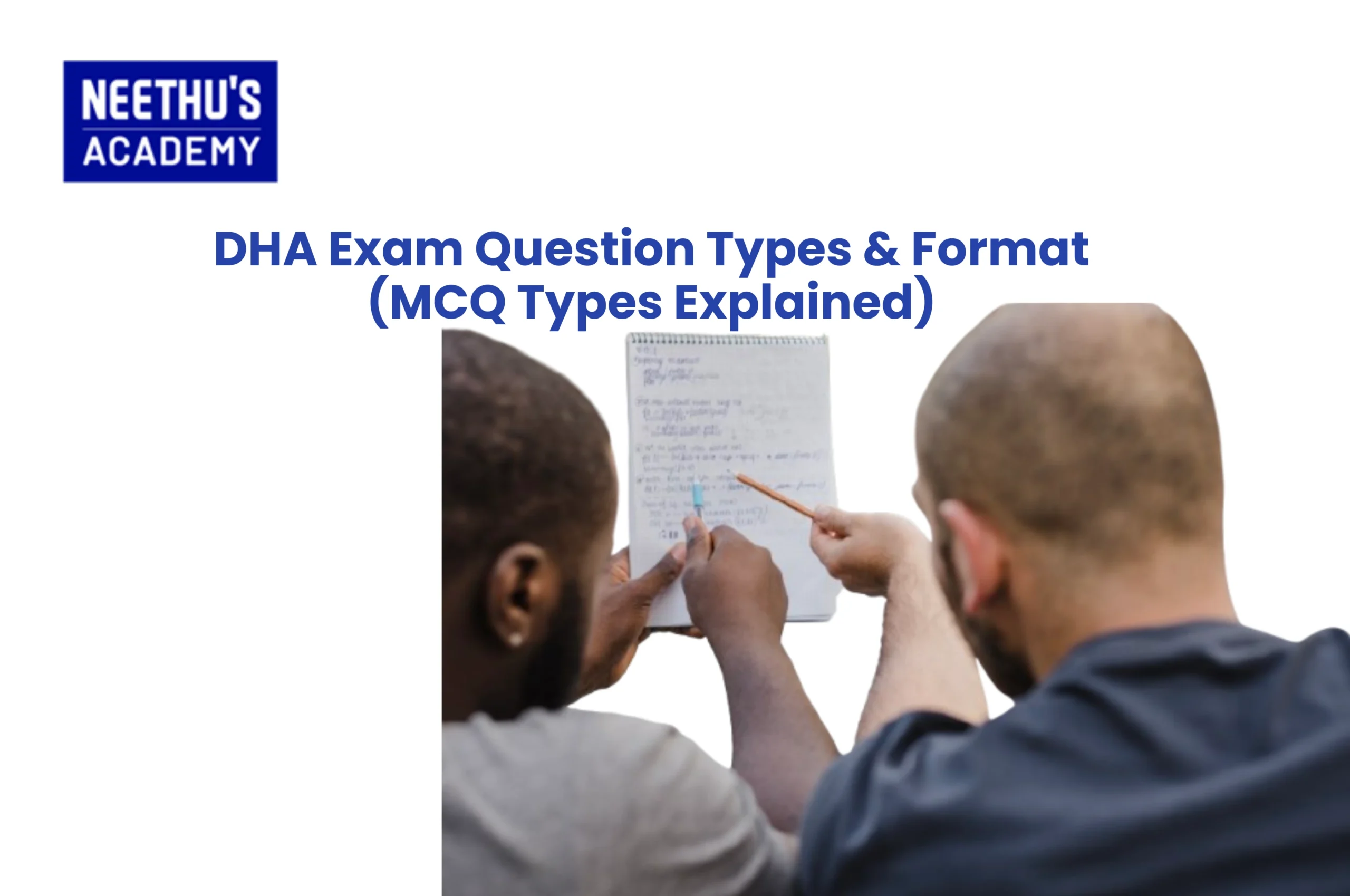Essay writing can be nerve-wracking at times. The IELTS writing task is no less of a challenge. In this test task, an…

How To Boost IELTS Vocabulary For Writing
If you are studying for the IELTS test, one of the greatest challenges when it comes to writing is acquiring a rich and precise vocabulary. Your vocabulary choice not only shows your understanding of the English language but also your skill in presenting complex concepts in a clear manner. Whether you are attempting Task 1 or Task 2, the use of correct and diverse vocabulary is essential in scoring a high band. In this blog, we will illustrate the improvement of IELTS vocabulary in writing subject areas with practical tips and tricks. We will also discuss how students can enhance their skills through coaching centers.
Understanding the Vocabulary in IELTS Writing
Vocabulary is an important component of IELTS Writing. It’s tested under the “Lexical Resource” test, which is worth 25% of your overall Writing band score. Test-sitters are looking for:
Range of vocabulary (range of words)
Accuracy (using the right words in the right contexts)
Precision (specific rather than general words)
Paraphrasing and avoiding repetition
Utilizing the right IELTS Writing vocabulary maximizes clarity and shows language skills. Inadequate vocabulary, on the other hand, leads to unclear or repetitive answers and lower scores.
Typical Setbacks in Developing IELTS Writing Vocabulary
Most students are unable to enhance their IELTS vocabulary exercise because of some typical setbacks:
- Dependence on primary words such as “good,” “bad,” or “big” over and over again.
- Learning advanced-level words without understanding how to implement them in sentences.
- Lack of proper exposure to formal or academic writing in English.
- Incorrect usage of synonyms, leading to artificial or incorrect sentences.
These issues can prevent students from achieving a score above Band 6.5.
Methods to enhance IELTS Writing Vocabulary
Vocabulary enhancement is not just learning words from a dictionary. It is understanding when and how to use words properly. A few IELTS vocabulary tips to enrich your word bank are as follows:
1. Read High-Quality Material Daily
Reading articles, blogs, opinion columns, and sample IELTS essays exposes you to topic-related vocabulary and academic vocabulary. As you read, underline or highlight unfamiliar or odd sentences and note them in your vocabulary notebook.
2. Keep a Vocabulary Journal
Develop categories corresponding to common IELTS Writing topics such as health, technology, environment, and education. Note word meanings, illustrative sentences, and common collocations. Regularly go through this journal.
3. Practice Paraphrasing
IELTS questions usually involve rewording the question. Practice various ways of saying the same thing in synonyms and structural alternatives. For instance:
“The government should act” → “Authorities should take measures.”
4. Apply Mnemonics and Word Families
Mnemonics help in remembering difficult words. Practicing word families enhances fluency. For example:
Create → Creative → Creation → Creativity
In this manner, one word turns into five handy choices.
5. Practice Using Rather Than Memorizing
Rather than stuffing words, use them within sentences. Practice writing sample essays with your new words. This practical application reminds you and enables you to apply words correctly.
Topic-Specific Vocabulary for IELTS Writing
Various writing tasks require different sorts of vocabulary. Here are helpful IELTS Writing words grouped by popular topics:
1. Education
Curriculum
Literacy rate
Distance learning
Academic pressure
Learning outcomes
2. Environment
Renewable energy
Climate change
Sustainable practices
Pollution control
Greenhouse gases
3.Technology
Digital transformation
Artificial Intelligence
Cybersecurity threats
Technological innovation
Automation
4. Health
Public health policies
Mental wellbeing
Lifestyle diseases
Nutrition and fitness
Preventive measures
5. Government & Society
Public welfare
Economic disparity
Social reforms
Legislation
Infrastructure development
Using this Writing vocabulary for IELTS topics in essays helps you show range and depth.
Using Collocations and Phrases
Familiarizing yourself with collocations (words that go together well) enhances fluency, and your writing sounds native. Rather than memorizing isolated words, learn how they’re used most commonly:
Take responsibility, gain access, and make progress
Heavily polluted, rapid development, strict regulations
In addition, memorizing academic phraseology enhances structure:
“It is commonly argued that…”
“Another important consideration is…”
“The evidence suggests that…”
These IELTS vocabulary tips strengthen your writing cohesion and coherence.
Using Collocations and Phrases
Use of context is one of the best approaches to enhancing IELTS vocabulary. This achieves tone, form, and grammar awareness. Here is how:
Try out essays using new words.
Use IELTS websites or apps for sentence completion and paraphrasing exercises.
Practice speaking on writing tasks using new words, record your speech, and test fluency and accuracy.
Exchange essays with a peer or advisor and obtain word feedback.
Best IELTS Coaching Center in Kerala
A good IELTS coaching center offers structured vocabulary lessons, personalized feedback, and exposure to a community of students. It facilitates steady progress. Neethu’s Academy, the best IELTS Coaching center in Kerala, offers tailored blueprints and grammar feedback that help students enhance their IELTS Writing skills.
We offer:
Vocabulary development courses
Daily writing practice with feedback
Vocabulary tests and mock tests
Personal counseling to rectify weak areas
Conclusion
Building your IELTS Writing vocabulary is key to scoring, but it is achievable if you do it with strategy and determination. From topic-specific vocabulary learning to practicing collocations and using them in context, these strategies will help you write persuasively and professionally. If you’re shooting for a Band 7 or 8.5, keep in mind that good vocabulary is not about using big words, but about getting the right words right.
Frequently Asked Questions
Practice daily by reading sample essays, noting new words, and using them in your own work.
Emphasis on grammar, coherence, and a broad range of topic vocabulary, which is used precisely and naturally.
Improve by writing regularly, getting feedback, and expanding vocabulary by reading and practicing topic-related exercises.
Good words include adjectives such as “significant,” “consequently,” “implement,” “mitigate,” and “inevitable,” applied in context.
Related Blogs
- All Posts
- IELTS
Speaking in front of someone may not be everyone’s cup of tea. But when it is a mandatory criterion to attain your…
A perfect English language proficiency is strictly required for intending nurses to practice in English-speaking countries. IELTS and OET are the most…
Course Enquiry
Latest Posts
- All Posts
- canada
- CBT
- DELF
- DHA
- French
- GENERAL
- German
- Haad
- IELTS
- IQN NEW ZEALAND
- MOH
- NCLEX-RN
- NHRA
- OET
- OSCE
- Pearson Vue
- PROMETRIC
- PTE
- TOEFL
- Back
- NCLEX - NGN
- Back
- OET FOR PHYSIOTHERAPIST
- OET FOR PHARMACIST
- OET FOR DOCTORS



